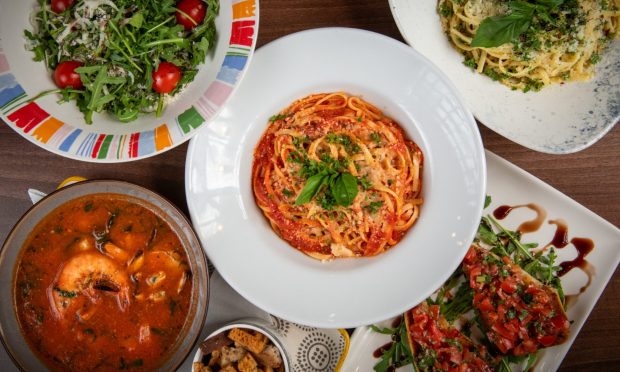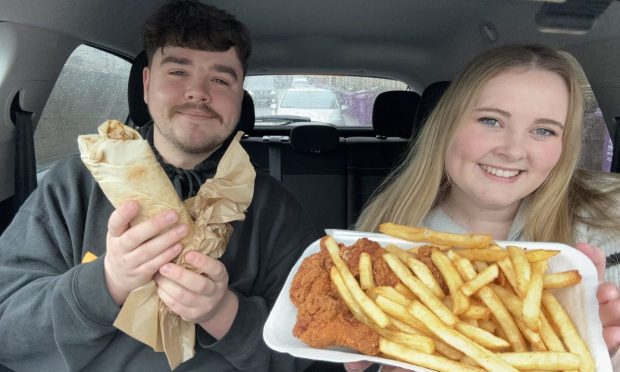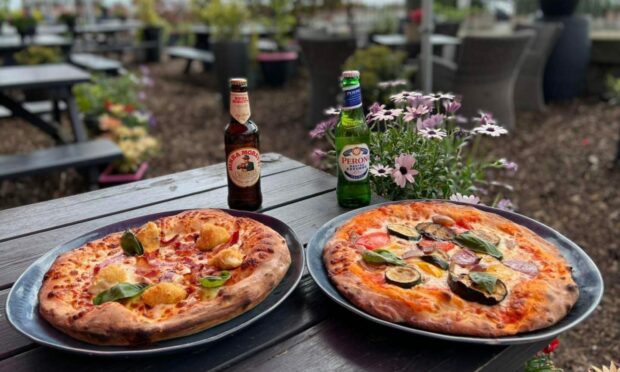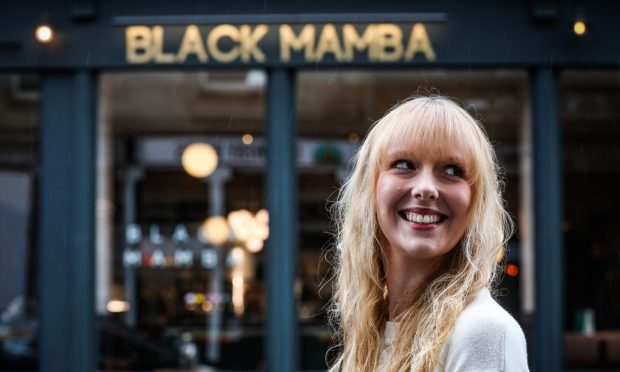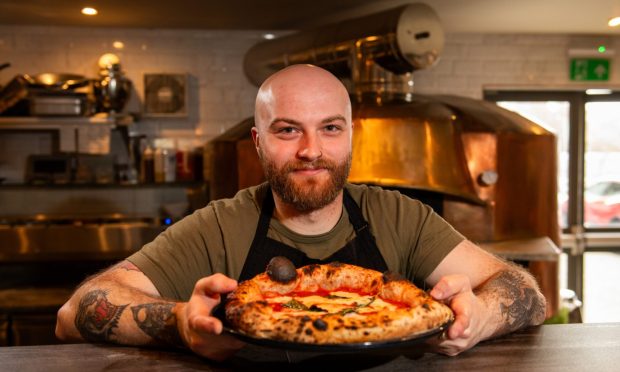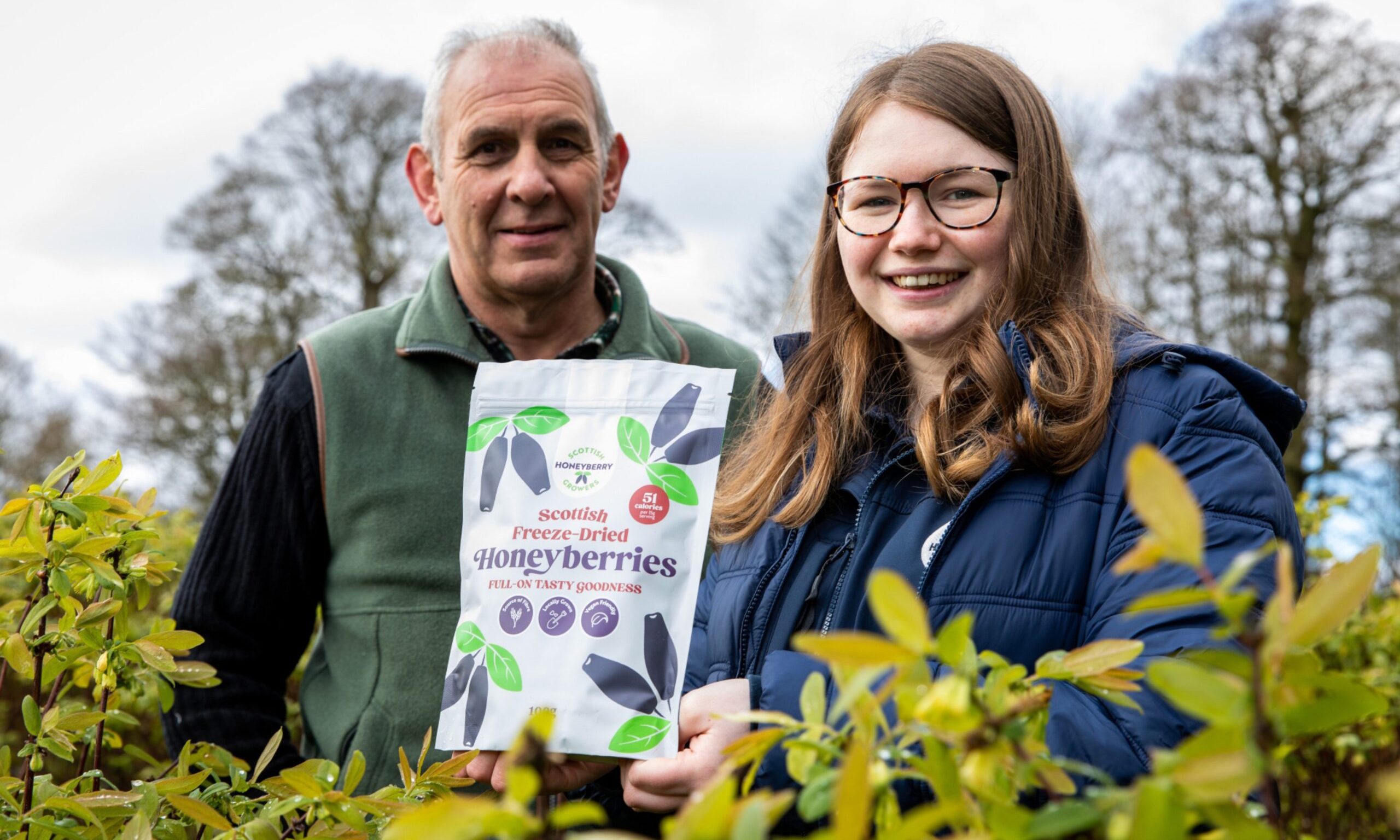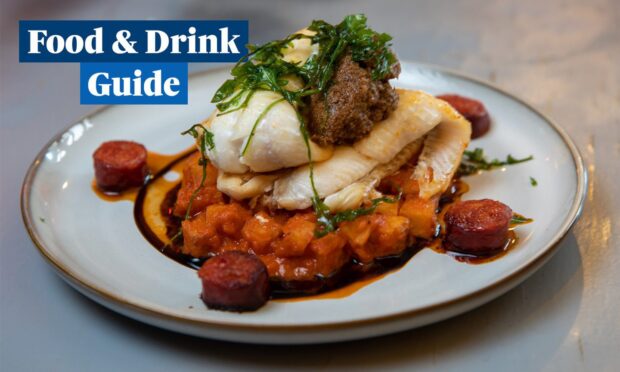There seems to be a strange, semi-obscure world of science and medicine that forever appears to be seeking yet another reason why we should shun alcoholic drink. The latest manifestation was a paper published some weeks back stating that even one pint of beer or glass of wine adversely affected a person’s “sense of agency”.
This was a revelation to me, as I never knew that I, or other people for that matter, had a “sense of agency” in the first place. No one would deny that a few bevvies too many can affect people’s sense of discretion, self-control and inhibition, but the idea of my sense of agency being put at risk by one glass of 4% beer struck me as strident over-caution. Apparently, even that one drink would cause me to lower my guard and be less wary and buttoned-up than I would be had I stuck to tea or fruit juice.
Well, perhaps that’s why drink is not such a bad idea—and explains why every social event where people are meant to mix and mingle has the host or hostess offering all guests a drink the moment they cross the threshold. I can just see the look of dismay on any mine host’s face if some guest starchly refused, because “it will affect my sense of agency”. As a social conversation killer, that must rate a nine on the Richter scale.
After all, throughout history we know that people made and enjoyed alcoholic drink. The early Mesopotamians and Egyptians brewed beer, the Greeks and Romans made wine and even the most primitive tribes in the Amazon rain forest make alcohol, even if they use slightly unorthodox brewing techniques. Alcohol is instantly and instinctively associated with great family and other celebrations —from “wetting the baby’s head” to cracking open the champagne at weddings to drinking a heartfelt farewell to the departed at wakes.
Today, no one disputes that people should drink responsibly and should not drink and drive, but we have to realise that drink holds a special place in human history, and in our private, social and even public lives. Doubtless a life without alcohol might keep our sense of agency intact, but what a bleak and dreary world it would be.

